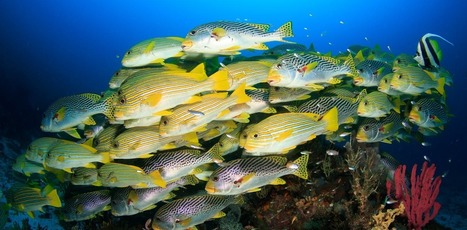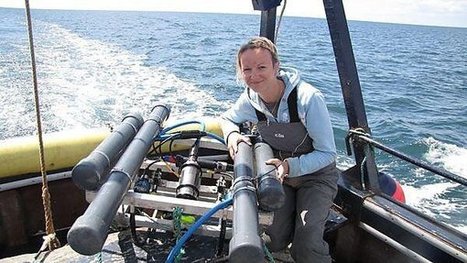Marine protected areas, or MPAs as they’re more commonly called, are very simple. Areas of the sea are set aside where certain activities – usually fishing – are banned or restricted. Ideally, these MPAs might be placed around particularly vibrant habitats that support lots of different species, like seagrass beds or coral reefs. By preventing fishing gear such as towed seabed trawls from sweeping through these environments, the hope is that marine life will be allowed to recover.
When used well, they can be very effective.



 Your new post is loading...
Your new post is loading...










via @PJSJones "Expanding MPAs by 5% could boost fish yields by 20%, but there’s a catch@ConversationUKwith@rick7575on excellent @PNASNews paper - A global network of MPAs for food http://pnas.org/cgi/doi/10.1073/pnas.2000174117 @renielcabral @Enric_Sala @brenucsb @seadarcy @NG_PristineSeas "